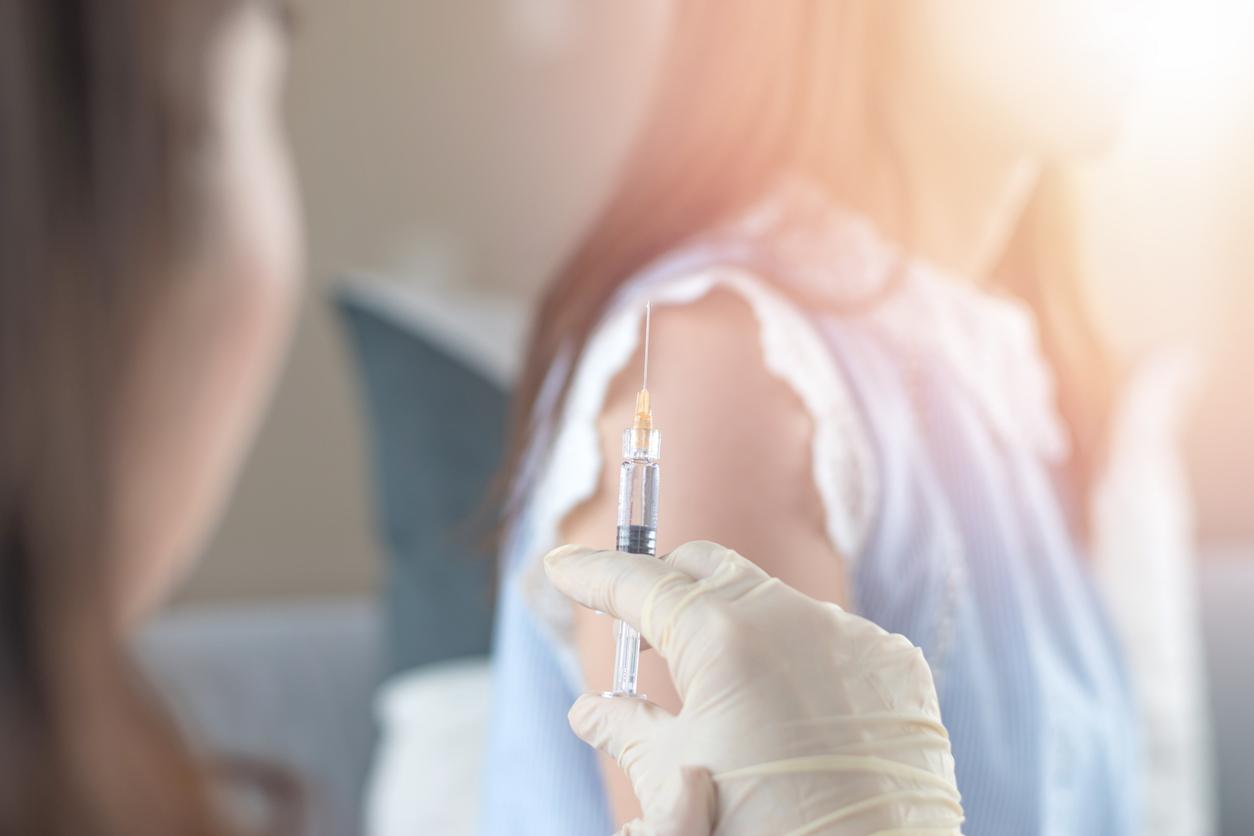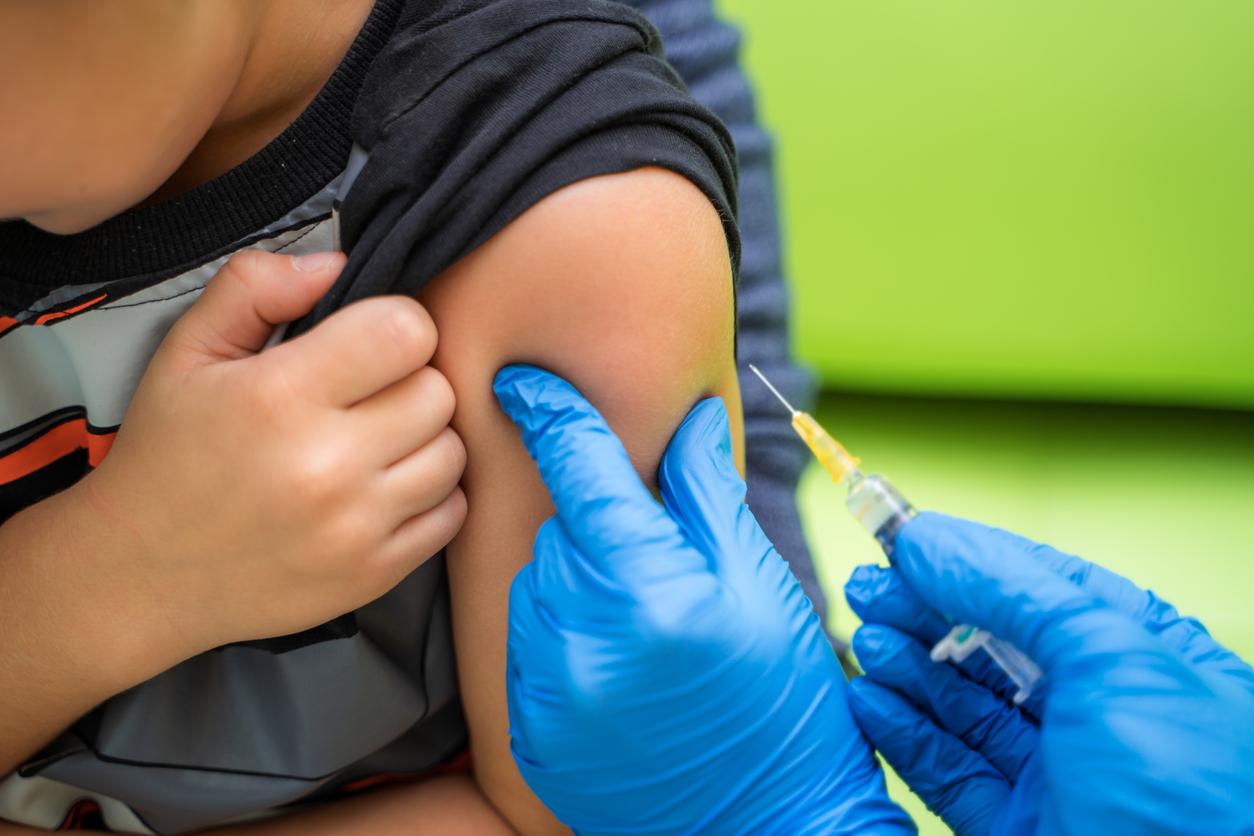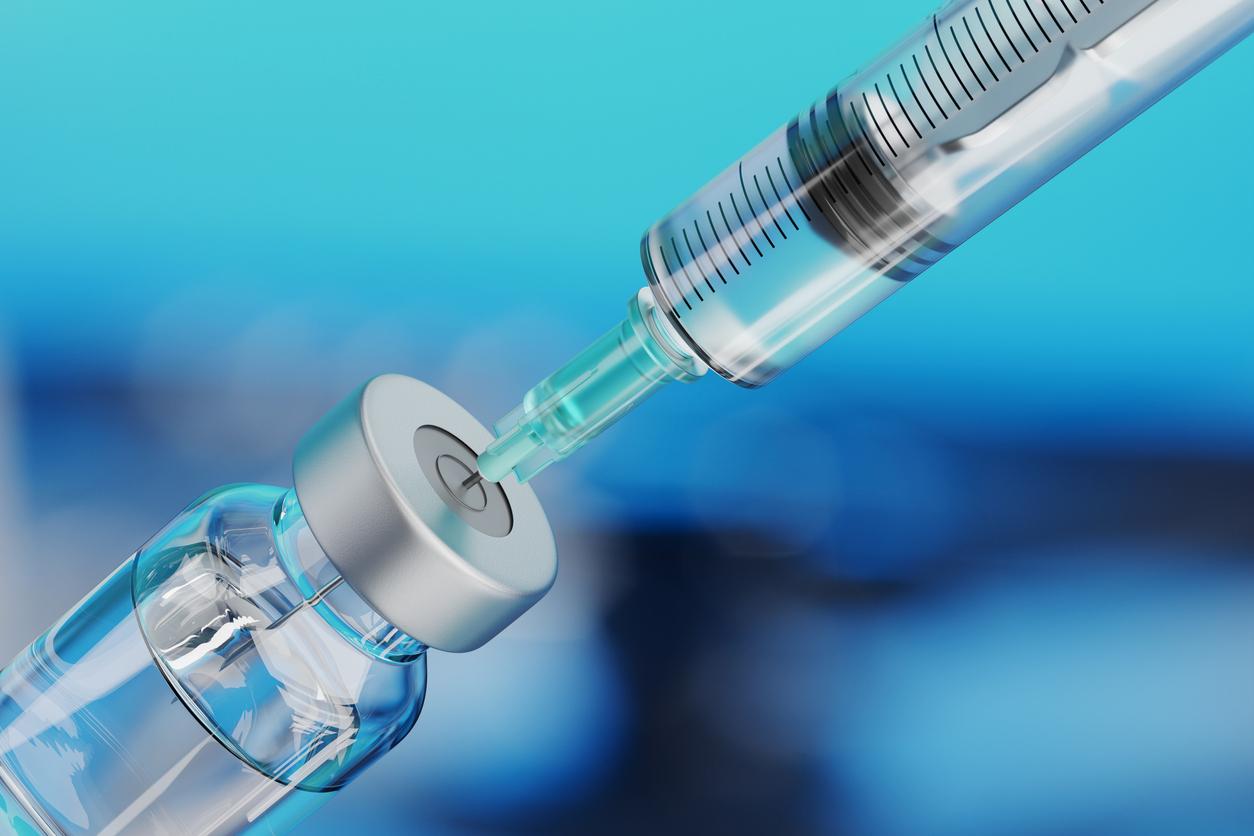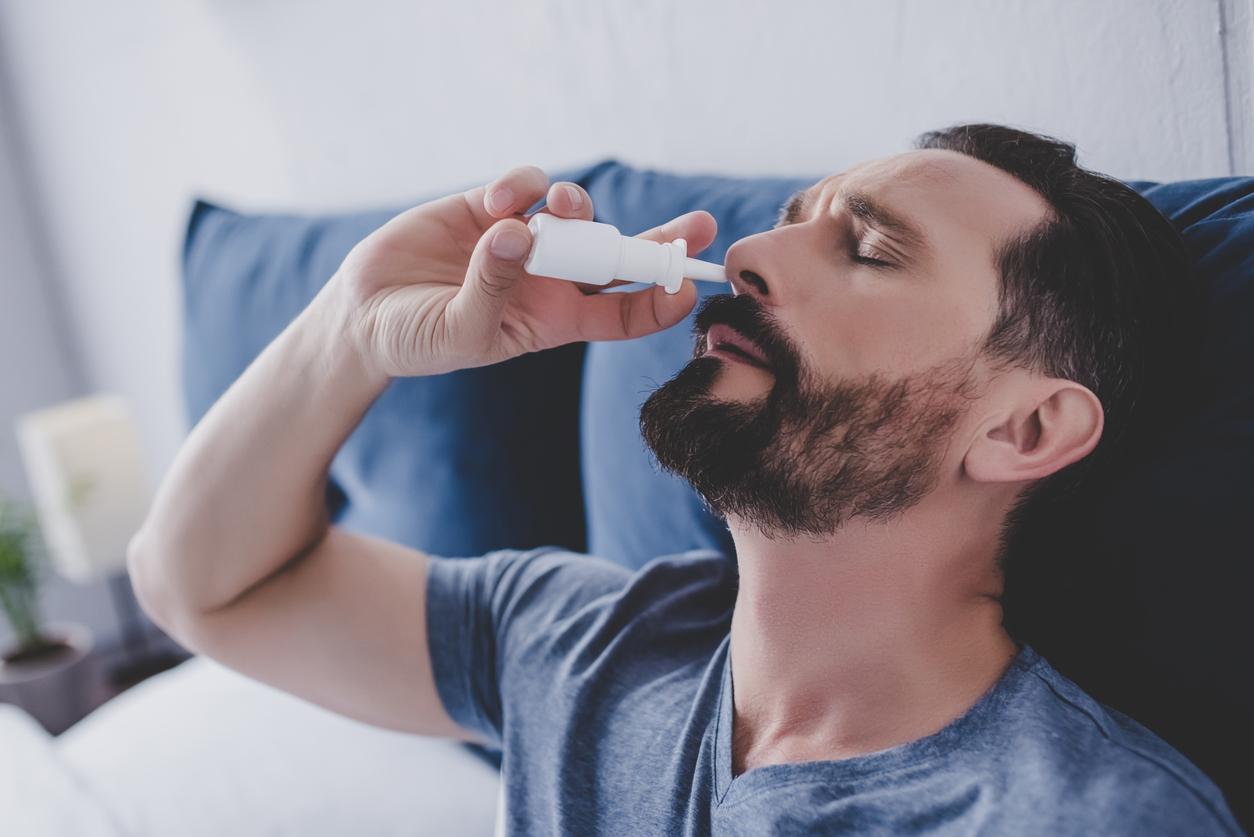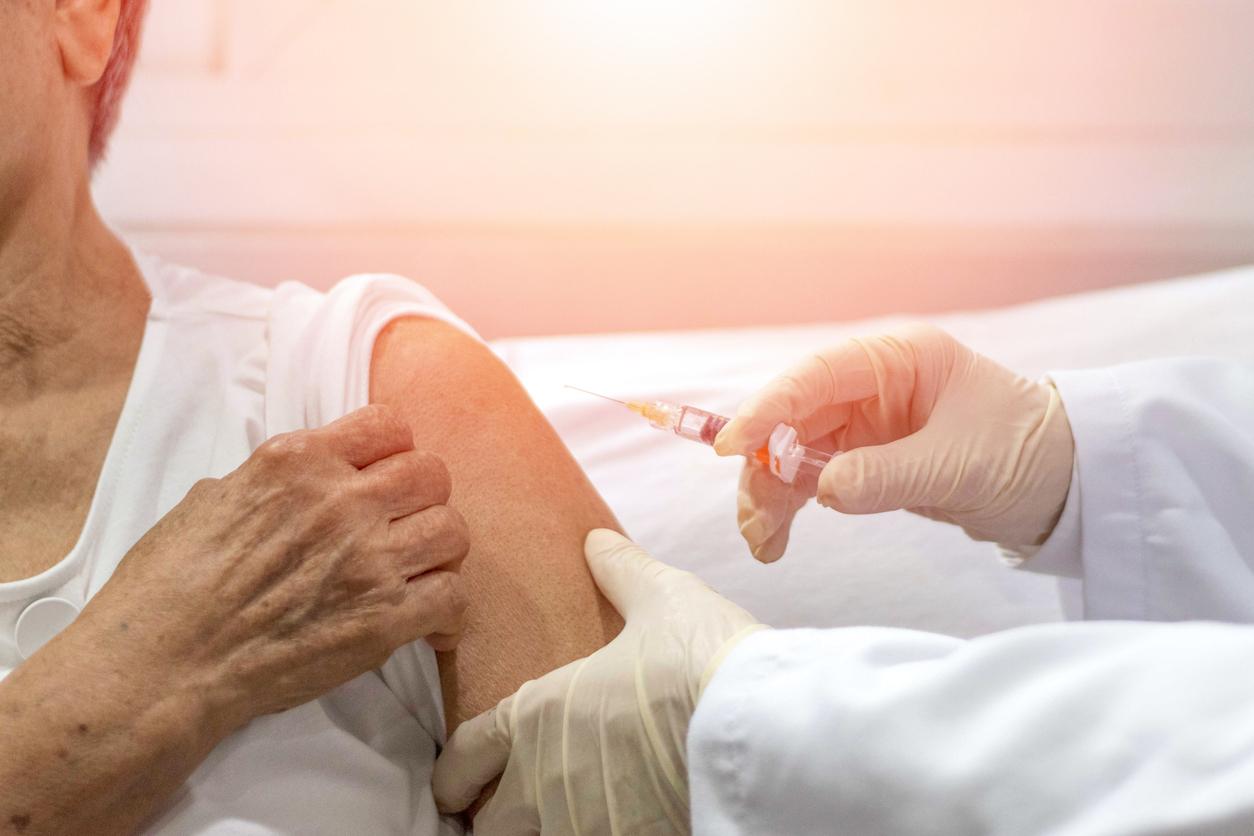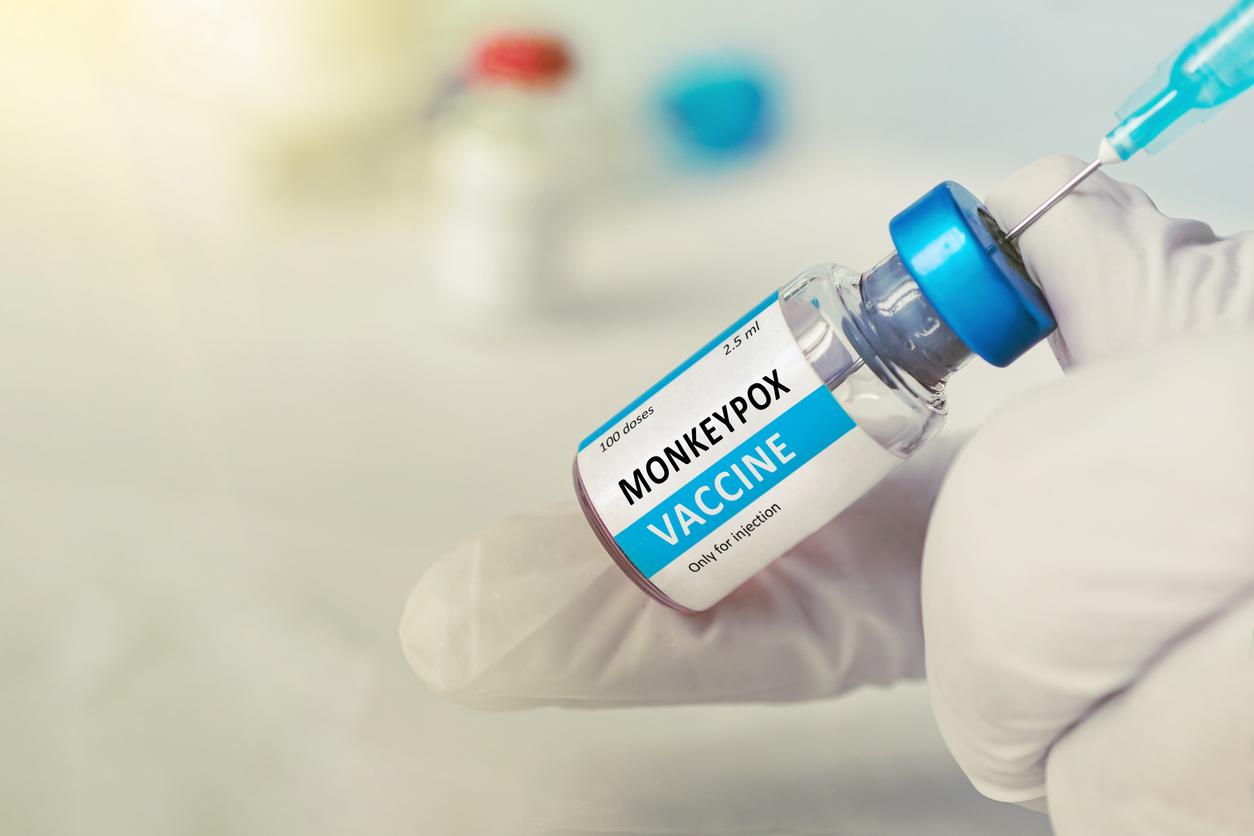
The French laboratory has announced that it is starting clinical trials for an influenza vaccine. The technology used will be messenger RNA.
Does messenger RNA represent the future of medical research? Heart attacks, cancers or respiratory diseases such as Covid-19 or influenza, since the marketing of mRNA vaccines, this technology is gaining in credibility and is shaping up as the future. From this postulate, the French laboratory Sanofi and the American startup Translate Bio “have started a phase 1 clinical trial to evaluate an experimental messenger RNA vaccine against seasonal influenza”, announced the laboratory this Tuesday, June 22 in a press release. “This first clinical trial of the seasonal influenza mRNA vaccine candidate is an important step in our research to develop a new generation of influenza vaccines. The current pandemic has shown us how promising mRNA technology is and we will now seek to extend it to selected annual vaccines ”, said Jean-François Toussaint, Global Head of Research and Development at Sanofi Pasteur.
“With our global leadership and 70 years of service to protect the population against influenza, we will not stop seeking to develop products that not only protect against influenza, but also against the hospitalizations it can cause. due to cardiovascular events or pneumonia. We look forward to presenting the first results of this trial by the end of the year ”.
In competition with Moderna and Pfizer
In the field of influenza vaccines, the Sanofi laboratory is number one in the world. However, the competition very clearly displays the same ambitions, better still, these pharmaceutical companies are considering a 2 in 1 vaccine, against influenza and Covid-19. However, the three laboratories including the tricolor will have to show that they will be effective and well tolerated. Asked by BFM, Olivier Bogillot, president of Sanofi France is reassuring “Messenger RNA is a technology that has proven its effectiveness during the (Covid) crisis. This is something that we were starting to work internally with our researchers. We knew it was a technology that held promise. And she has this ability to go very fast because the factory is your body. It is your cells that produce the vaccine antigen. “









